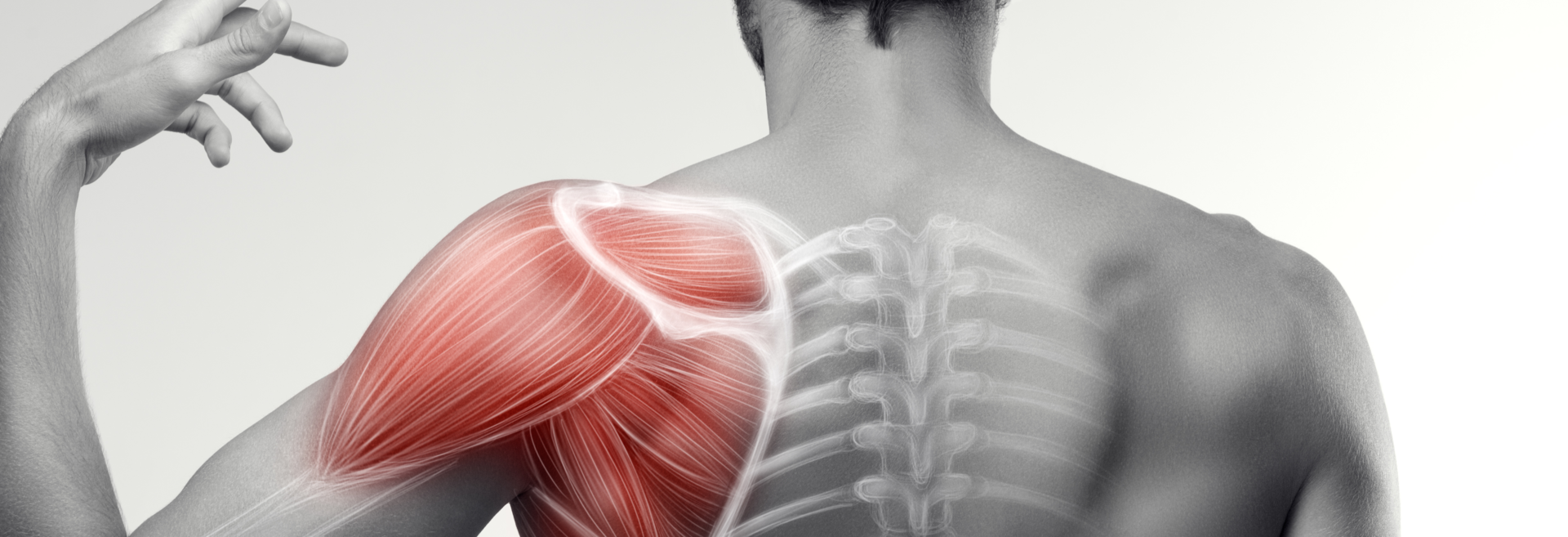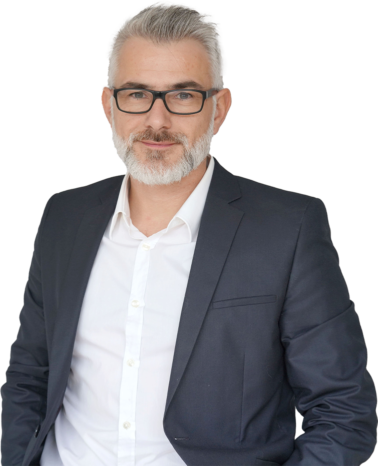Medical Justification
OBJECTIVE AND ROADMAP
It is the goal of iQQuip® to enable the training of the shoulder girdle, back, and upper core in a functional way and in accordance with the principles of neurorehabilitation.
Once a clinician has identified the correct deficit, the goal is to teach the patient the correct movement pattern. Once this is re-established, load, such as force, velocity, intensity, etc., can be added.
PNF (Proprioceptive Neuromuscular Facilitation)
PlyoDyne® has been designed to allow the use of the complete movement patterns to create the foundation for the shoulder girdle, back, and upper core to correctly operate and be trained, specifically incorporating the CNS (Central Nervous System) and the use of diagonals and spirals within the entire movement patterns, and this with due regard for the PNF (Proprioceptive Neuromuscular Facilitation) principles.
DNS (Dynamic Neuromuscular Stabilization)
PlyoDyne® enables the patient to learn two fundamental necessities according to Dr. Pavel Kolář – DNS (Dynamic Neuromuscular Stabilization) through:
- The correct proprioceptive perceptions
- The tactile perceptions of the patient.
Stereognosis
And in addition, PlyoDyne® facilitates stereognosis, the ability of space perception and tactile stimuli, with the purpose of improved perception of one’s own body and surroundings. (Ref: Dr. Pavel Kolář, Dr. Karel Lewit)
Based on the principles of stereognosis, the design of the PlyoDyne® training allows for closed-eye training, which increases proprioceptive feedback to the brain when the patient feels the right movement. The equipment also enables easier control for the clinician to ensure correct exercise motion.
It is therefore easy for the patient to internalize the movement pattern and therefore relearn it much more quickly, optimizing the use of the principles of stereognosis.
PlyoDyne® uses closed and open chain concepts within a controlled and safe environment, within a well-designed framework, to take the patient from pathological movement and injury back to optimal performance, and potentially beyond the pre-injury level.
SENSORY COMPONENTS
As sensation is necessary in rehabilitation, PlyoDyne® allows the use of sensory components including the hand and foot (developed in early childhood and serve to enable the child to begin to achieve verticalization) (Ref: Galvanic phase).
The use of proprioceptive training, including the foot and hand, is enormously powerful in rehabilitation. For example, barefoot training using PlyoDyne® would potentially be even more effective, given the right use, of course.
In cases of severe pathology, surgery, etc., PlyoDyne® allows safe, limited, and focused training at the most remedial level all the way to the highest level of performance.
PlyoDyne®’s design allows for limited movement (safety ring) of necessary and small weight progressions, as well as other force-velocity and ROM (range of movement) variables, depending on the requirement. This can be focused individually and to varying degrees.
Correct retraining essentially relies on small, repeatable correct movements controlled ultimately by the patient through their senses.
ACTIVE APPLICATION OF PNF
PlyoDyne® uniquely allows the patient to feel and sense the correct movement and then repeat it once the pattern is correct.
Dr Pavel Kolář describes this as active application based on the principles of Prof Václav Voijta’s PNF (Proprioceptive Neuromuscular Facilitation).
Muscle strengthening is based on anatomical function. In the case of, for example, the shoulder girdle, the following principles are necessary: (Ref: Dr Karel Lewit, Dr Pavel Kolář, Dr Stuart McGill)
Insertion points of the muscles and their function within open or closed chain, eccentric, and isometric contractions. The inclusion of the latter within correct biomechanical chains. These chains are fully controlled by the CNS (Central Nervous System) and follow laws that must be recognized (PNF). PlyoDyne® allows the shoulder girdle, back, and upper core to be trained specifically in accordance with these CNS (Central Nervous System) rules (excluding patients with CNS lesions).
ELIMINATION OF TRIAL AND ERROR
PlyoDyne® is probably the closest piece of standardised equipment which allows the principles of PNF (Proprioceptive Neuromuscular Facilitation) to be utilized in training taking a lot of trial and error out of the clinician’s process and thus leading to improved results and in a shorter period.

